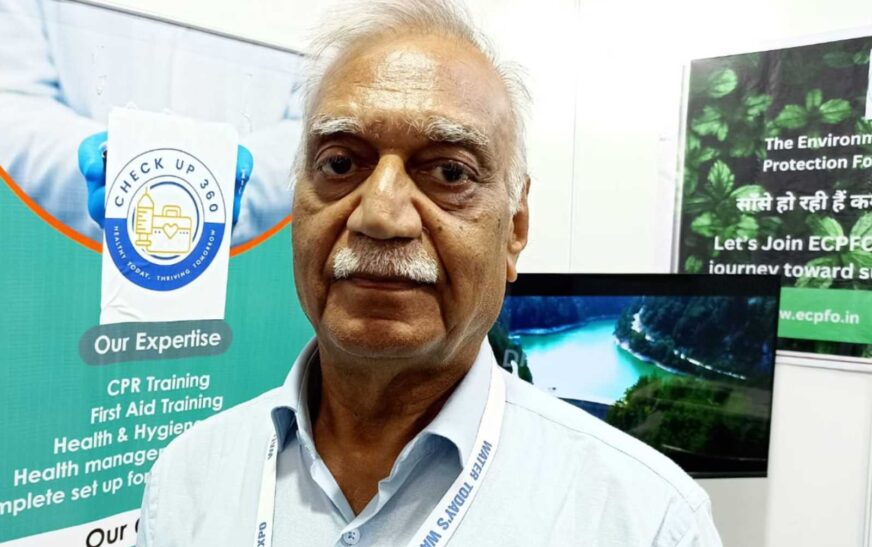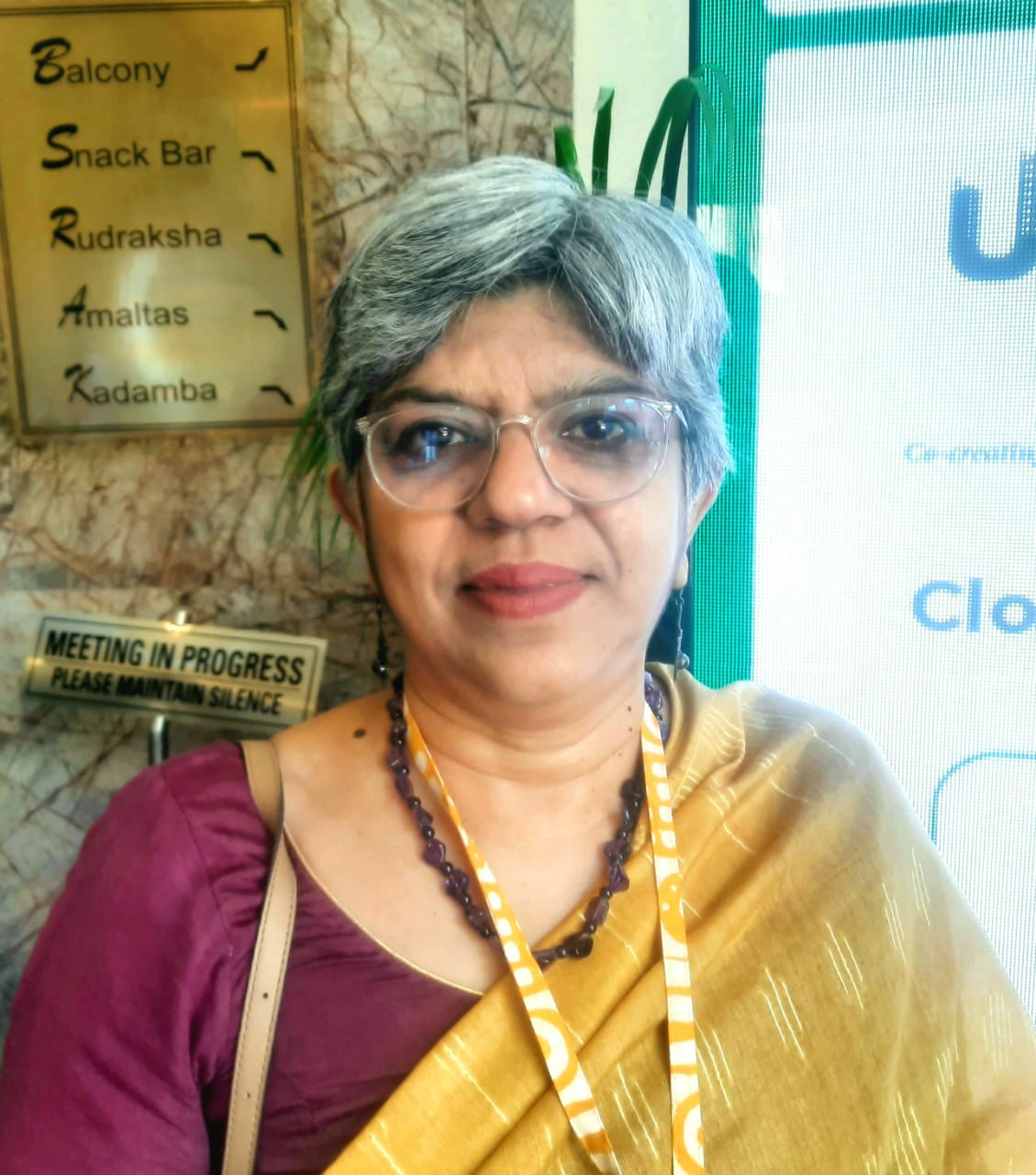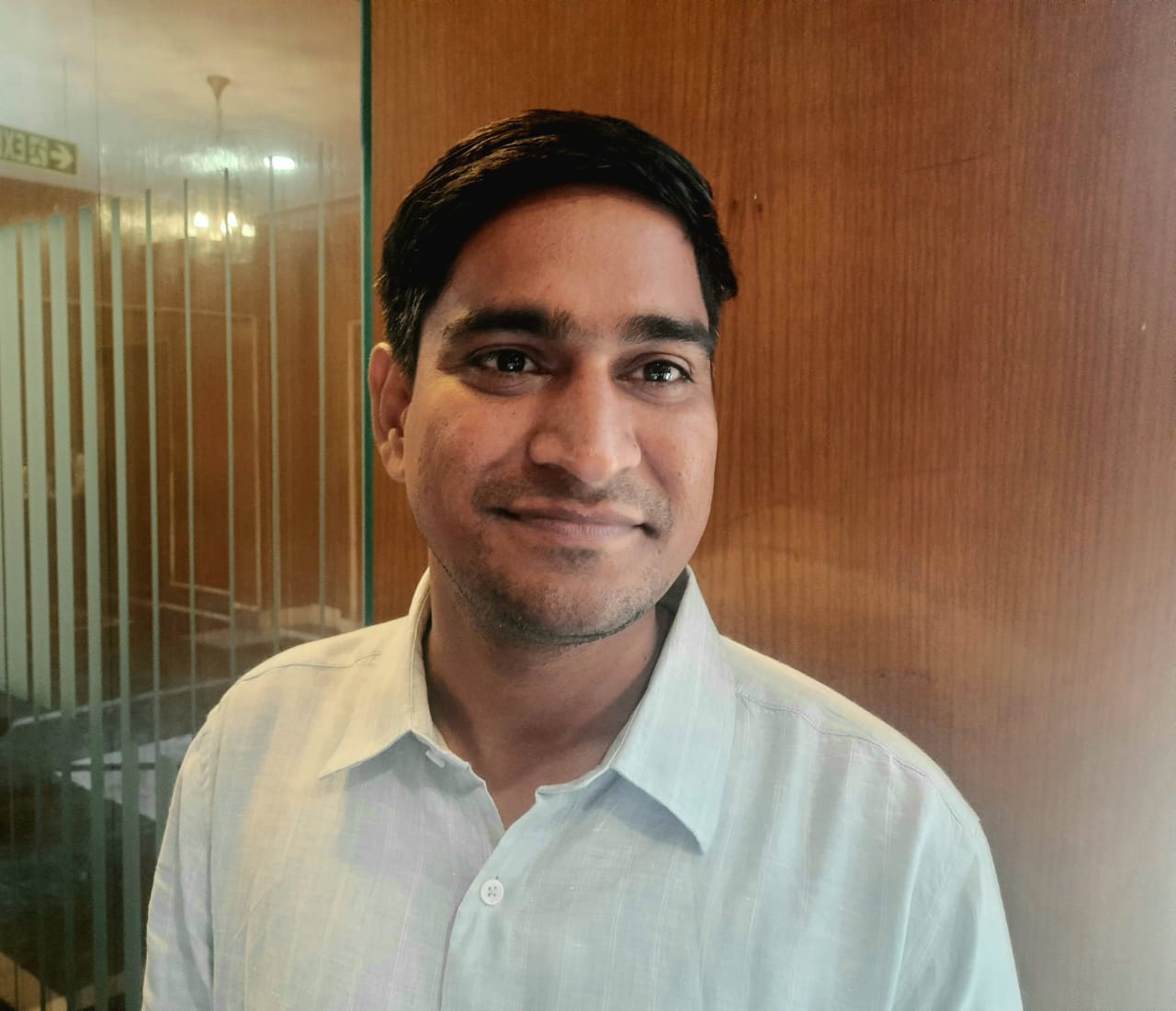The Environmental & Consumer Protection Foundation (ECPFO), a committed NGO, is advancing environmental conservation and combating climate change through community-driven initiatives. Established with a clear vision of building a sustainable future, ECPFO focuses on raising awareness, educating the public, and launching grassroots projects that encourage eco-friendly practices and enhance climate resilience.
ECPFO’s key initiatives include tree plantation drives, clean-up campaigns, and educational workshops. These activities aim to deepen public understanding of environmental stewardship. The organization collaborates closely with schools, local communities, and government bodies to drive programs that elevate awareness of climate issues and spark collective action.
Moreover, ECPFO actively advocates for sustainable development policies. It highlights the critical need for renewable energy adoption, effective waste management, and conservation of natural resources. By engaging volunteers and forging partnerships with like-minded organizations, ECPFO aims to create a meaningful impact on both local and global scales.
Through persistent efforts, ECPFO has emerged as a prominent voice in the environmental sector. This NGO is working relentlessly to mitigate climate change impacts and protect the planet for future generations.
In an exclusive interaction with The Interview World, Dr. Rakesh Chandra Agarwal, Executive Chairman of ECPFO, delves into the organization’s initiatives for a sustainable environment. He shares insights on the shifting public attitudes toward environmental sustainability. Furthermore, he highlights the responses to ECPFO’s training and skill development programs, and identifies plants that boost atmospheric oxygen levels. Dr. Agarwal also outlines his long-term goals and offers an inspiring message for the younger generation. Here are the key takeaways from his interview.
Q: Can you elaborate on the initiatives and strategies the Environmental and Consumer Protection Foundation is implementing to foster a sustainable environment for future generations?
A: Founded in 1993 as a registered partnership firm, our NGO has been at the forefront of environmental initiatives. Over the years, we have planted nearly 1.1 million trees throughout Delhi-NCR, significantly enhancing the region’s green cover and contributing to a healthier urban ecosystem. Our commitment to sustainability also extends to our collaboration with six universities, where we have transformed their campuses into zero-waste zones. Here, we manage every bit of waste diligently. We collect, recycle, and reprocess waste, ensuring nothing goes to landfill.
Beyond waste management, we are also dedicated to fostering a culture of sustainability among young minds. We run a series of awareness programs, short-term courses, and orientation sessions to educate students on environmental responsibility and sustainable living practices. A particular focus of our efforts includes tackling the pervasive issue of soft plastic waste, often discarded improperly, clogs drains and causes urban flooding. By collecting and recycling this plastic, we create practical items such as benches and tree guards, converting a major nuisance into valuable community assets. Our work also reflects a steadfast commitment to a sustainable and green future.
Q: How have you observed shifts in people’s attitudes and behaviours towards environmental sustainability, and what factors drive these changes?
A: The transformation is underway, but progress is much slower than anticipated. We should have seen far greater advancement by now. To speed up this process, our focus must be on educating children, who represent the future. When children understand the significance of these changes, they often become strong advocates, persuading their parents to adopt proper behaviours.
It is noteworthy that parents are more receptive to messages from their children than from external sources. By leveraging this dynamic, we channel our efforts through children, effectively influencing their families and communities. Furthermore, this indirect yet powerful approach is gradually fostering meaningful change at the grassroots level.
Q: What kind of feedback are you receiving from the public on your training programs?
A: The public’s response to our training initiatives has also been highly encouraging, with nearly 450 individuals already trained. We hold sessions regularly and maintain a continuous schedule to maximize participation. Additionally, we collaborate closely with universities, helping them track their registration progress by identifying gaps and encouraging broader involvement.
Our impact is now visible as participants actively begin planting trees, taking saplings from us and seeking our advice on the most appropriate species to plant in their local environments. This initiative is gaining momentum, and we are delighted to see such dedication and commitment to fostering a greener future.
Q: What types of plants are most effective in addressing climate challenges quickly? Are there specific plant species or planting strategies that are more beneficial for mitigating climate change?
A: Peepal and banyan trees play a crucial role in generating oxygen, while jamun trees also contribute meaningfully. These species are exceptional in their ability to produce higher oxygen levels, thereby helping to lower greenhouse gas concentrations. Planting and preserving such trees is vital for fostering a healthier environment and mitigating the impacts of climate change.
Q: Could you share your long-term goals and vision for your environmental mission, and how do you plan to achieve them?
A: Scaling is actively progressing, necessitating additional space, skilled personnel, and essential resources. Ensuring survival is equally crucial; simply planting is insufficient. We must focus on maintaining the health and growth of these plants post-plantation. Our primary emphasis is on not only planting but also ensuring their continued success.
Q: What key message would you like to impart to the younger generation of our country?
A: We invite young students to join us and take full advantage of our comprehensive support and educational resources. We are dedicated to offering personalized guidance and instruction to equip them with essential skills and knowledge. Our objective is for them to absorb these insights and pass them along to their friends, neighbours, and relatives. By doing so, we aim to create a broader network of informed individuals and foster a culture of continuous learning and community engagement.









